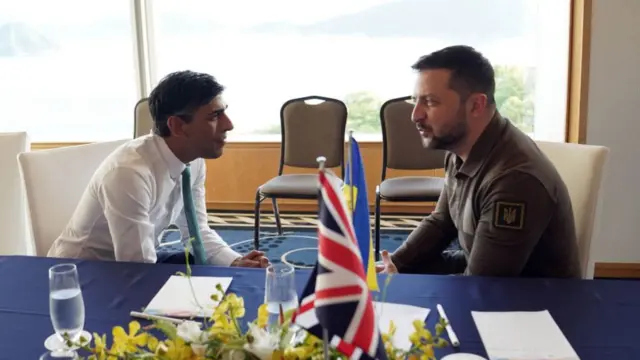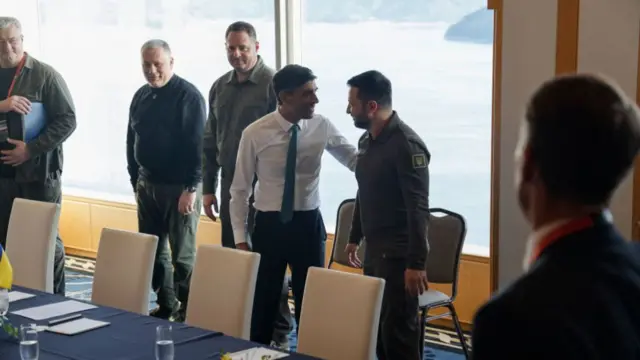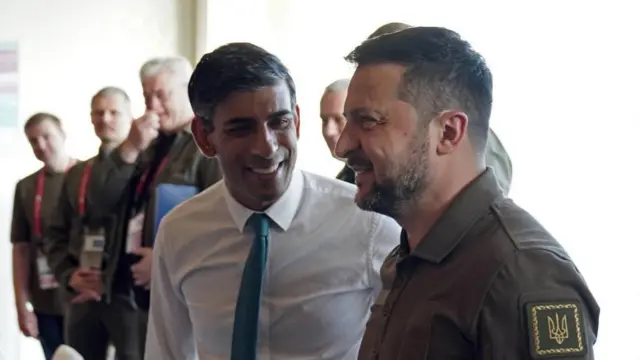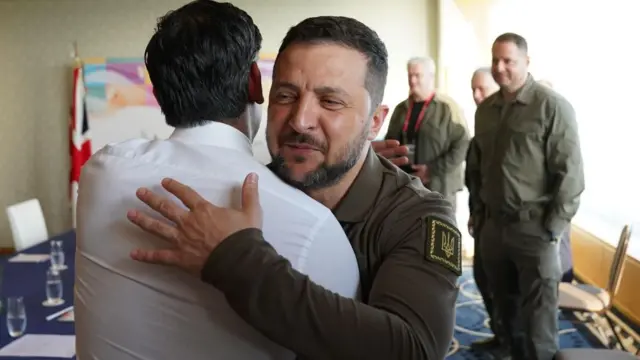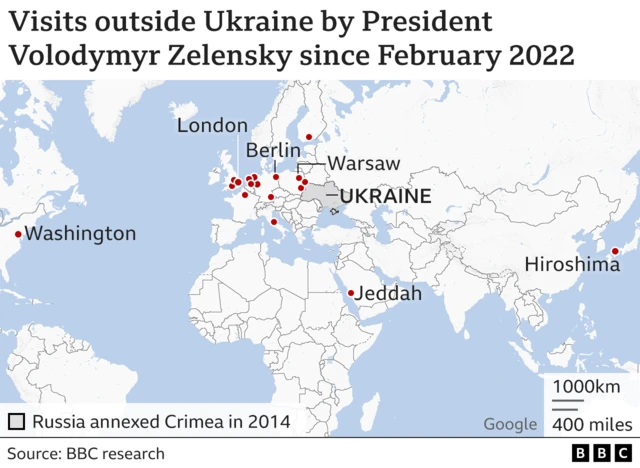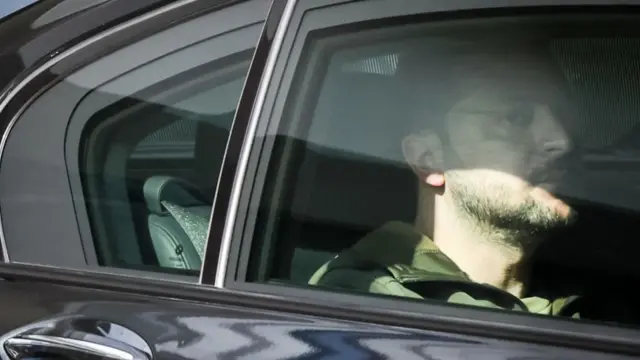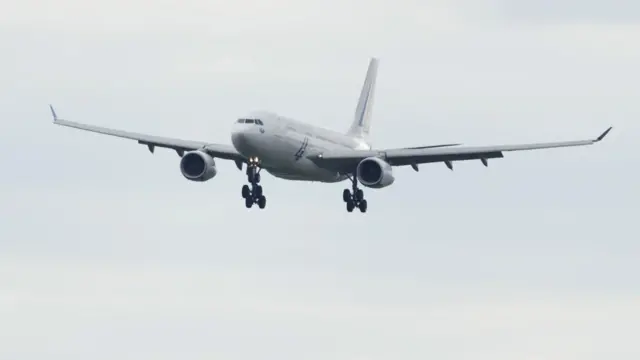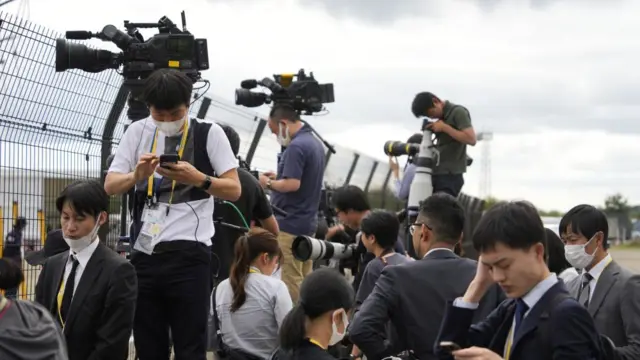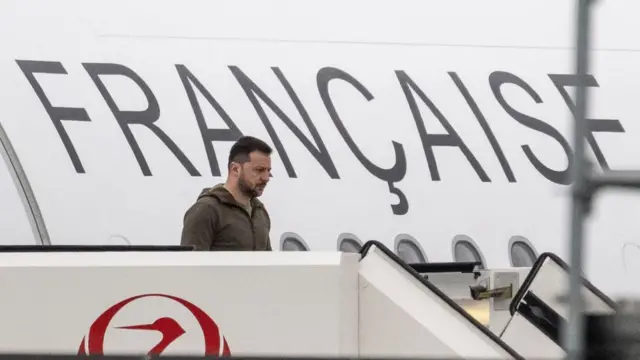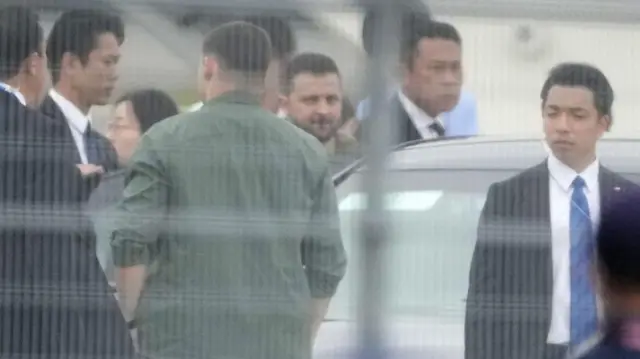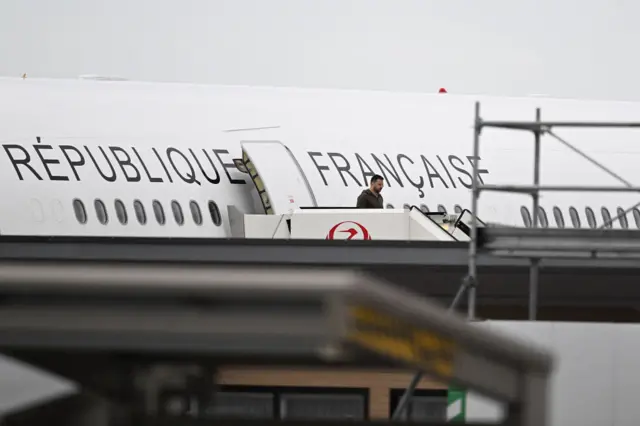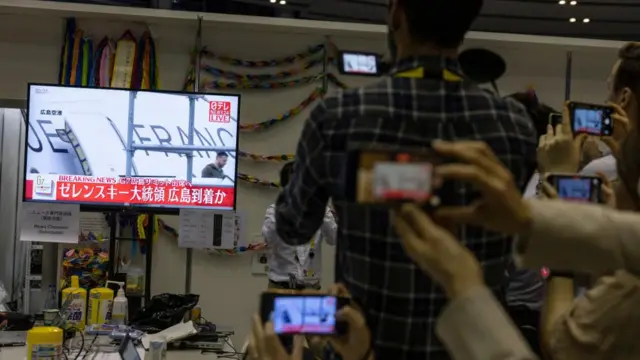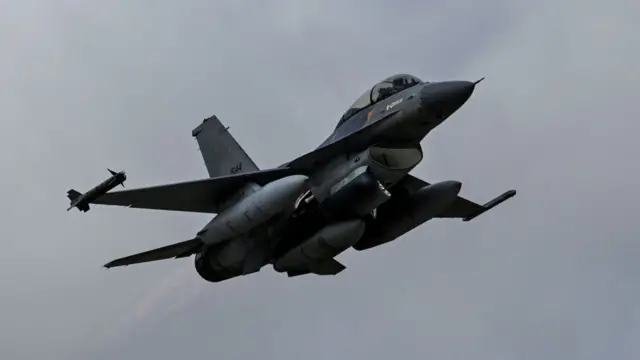G7 leaders tackle China - and Beijing respondspublished at 11:05 BST 20 May 2023
 Tessa Wong
Tessa Wong
in Hiroshima
The G7 joint communique talks about the leaders' commitment to the Indo-Pacific, which they have tried to demonstrate by inviting several members from that region such as Indonesia, India and the Cook Islands.
In particular they stress their support of South East Asian and Pacific countries, which have been heavily wooed by Beijing in the past decade. They don’t mention China directly here, but it is clear who they’re talking about when they call for a “free and open Indo-Pacific” – rhetoric we have heard before in response to China’s claims in the South China Sea.
But elsewhere in the communique, the G7 leaders do tackle the China question head on.
They state they are not seeking a policy designed to hinder China's economic progress. But they also vow to take steps to “reduce excessive dependences in our critical supply chains” – a reference to how the G7 countries are still inextricably linked to China in trade.
Notably, they call for “de-risking” – a policy that EU President Ursula von der Leyen, who is attending the summit, has championed. This is a more moderate version of the US’ idea of decoupling from China, where they would talk tougher in diplomacy, diversify its trade sources, and protect its trade and technology.
Finally, they address the ever-sensitive issue of Taiwan. G7 leaders say there is “no change” in their basic positions and call for peace and stability in the Taiwan Strait.
It’s worth noting this comes after French President Emmanuel Macron attracted criticism when he said France should not get caught up in any escalation between the US and China over Taiwan.
China, by the way, had pre-emptively put out a statement earlier today.
It insisted that “resolving the Taiwan question is a matter for the Chinese" and also urged the G7 to “stop grossly interfering in other countries’ internal affairs" and "stop the practice of forming small circles for bloc confrontation".
